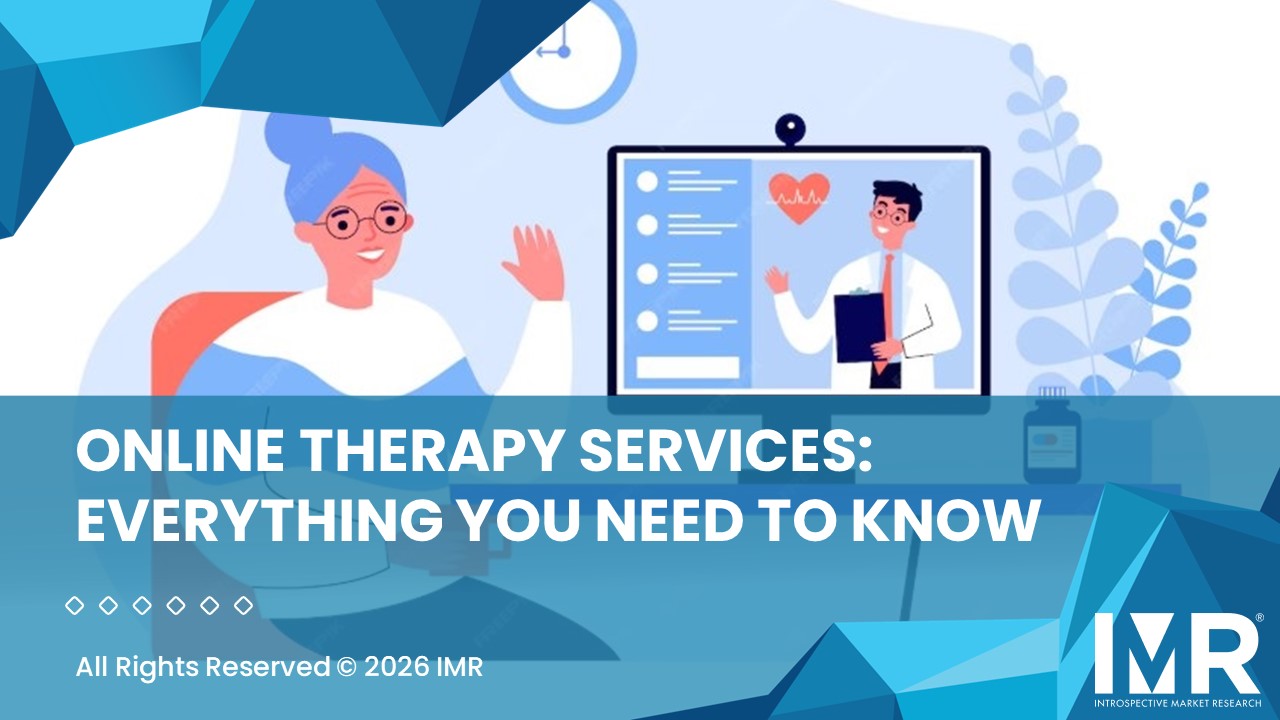Close
Search
- March, 2024
- Aditya Joshi

Since the conceptualization of Industry 4.0, Automation has been the norm for global businesses to increase productivity, eliminate human errors and increase ROI. The emerging technologies such as artificial intelligence, machine learning, analytics, cloud computing, & IoT with advanced digital workforce allows businesses to push the level of sophistication in their strategy and operation. These technologies allowed the revolutionary changes to design, upgrade, operate and monitor the digitalization of existing business practices. Currently, global organizations have moved or have strategized to implement emerging technologies in their day-to-day operations for increasing their productivity and revenue without stressing their workforce. Robotic Process Automation or RPA is one such emerging technology that empowers organizations with tools required for digitalization. “Robotic Process Automation employs software scripts to automate repetitive business operations and simulate human actions through a well-designed User Interface.”. RPA is the synthesis of Artificial Intelligence and Machine Learning Capabilities that adds imperative value to organizations' task management processes by automating high volume and repetitive tasks such as organizing structured and unstructured data, Addressing queries, log management, transaction processing, and several other tasks. RPA is changing the ways of business operations by replacing traditional tools with highly accurate automated tools with the ability to maximize output. RPA is a strategic implementation automated solution by organizations to achieve crucial and measurable improvement in the various areas of businesses. RPA ensures consistent error-free output leading to reduced operational risks which lead to customer satisfaction. In the area of delivery, RPA can help to decrease the average handling time which enhances the customer experience and ensures business accountability. Staffing is difficult, especially in areas of business where demand is uneven, activity levels are unpredictable, and turnover is significant. Unlike humans, RPA bots can scale up the longevity of functions exponentially with the highest precision with minimal or no human interaction at all, and allocation of staff can divert to other useful operations of the business. Moreover, organizations are delivering integrated smart automation solutions to eliminate the friction associated with many products from various vendors. The presence of an interface that serves as a lowcode solution for software-based applications allows RPA robots to conduct operations on application by exchanging information at the API level. An interface that provides a simple, lightweight, and simplified user interface and is intended exclusively for the development and maintenance of a specific automation requirement, rather than acting as a generic interface for end-users across the entire application. Such customization allows RPA users to tweak the interface according to the need of the business and liberty to change or upgrade from time to time. Previously, most of the businesses were draining the resources on manual and repetitive tasks which used to generate higher costs and deployment of the workforce. With distinct characteristics of automation, RPA allows for better utilization of finances spend on daily operations by deploying RPA software applications across the spectrum. RPA installation often saves firms exponential operational costs by increasing efficiency, reducing errors, and increasing compliance. RPA integration across the global industrial organizations has boosted their productivity many folds and reduced the burden on the workforce. Industry Leading Example Many industry leaders have experienced the advantages of RPA in their daily operations which have boosted their operational performance. For Instance, DHL Global Forwarding recognized the full potential of RPA technology and swiftly established process automation in its shared service centres, as well as a service for the entire Division. RPA has empowered DHL Global Forwarding in their workforce policies by automating their business operations that has helped DHL to leverage their workforce for strategic decision rather than completion of mundane tasks. In just one month, DHL Global Forwarding was able to achieve a complete ROI for its first pilot. In less than a year, DHL Global Forwarding, Freight has implemented over 80 RPA bots. Such practical integration of the RPA not only enhances the business output at highly measurable way but reduces the recurring cost of an organization through which particular company can see RPA as an excellent automation strategy. How RPA Is Evolving Process Automation Tasks RPA holds tremendous potential to increase capabilities across various domains of the industry. With constant technological development, RPA is also facilitating technological up gradation and digitalization offerings across the industries. Robotic Process Automation as a Service or RPAaaS presents a remarkable opportunity on the table. RPAaaS is a type of outsourcing where the service provider deploys cloud-based RPA bots that employs automation, machine learning (ML), and computer vision for repetitive and high-volume operations. RPAaaS provides higher scalability without investing in capital expenditures and ground up the development of the software-based application. The presence of cloud-first resource that avoids the transition challenges faced by on-premises platforms has allowed RPAaaS to deliver scalable, bit-sized, adaptable, and business-ready solutions. Also, with no exorbitant license prices, CAPEX, and no restrictive lock-ins, RPAaaS has become a convenient instrument of choice by organizations for implementing their digitalization strategies. Conclusion RPA is a revolutionary tool which can create high degree impact organisations automation strategy and reduce human errors with sophisticated RPA bots and increase work efficiency and ROI. RPA is mostly used by businesses to automate easy, repetitive operations. Experts anticipate that businesses will employ RPA to carry out more complex business procedures in the future. However, as RPA has gained popularity, businesses are realising how important it is to incorporate RPA process automations into their IT systems. With the era of automation, RPA will play crucial role in the automation strategies of the organisation.
Posted by: Aditya Joshi
Recent Articles
- 30 Jan, 2026



